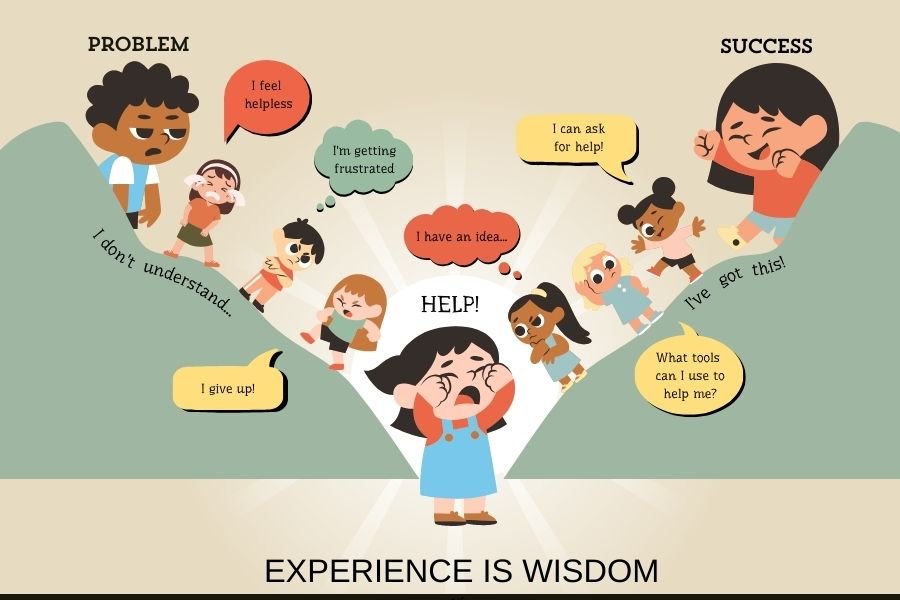Teachers have the power to shape the lives of thousands of children, this in itself is a huge responsibility. Alongside that, add in the pressure of tests and meetings, expectations of administrators, pressure from the parents, and the curriculum requirements. This makes one believe that teachers are superhumans… the sad reality, they are not… they are as human as the next person… Most of them have the primary intent of nurturing good human beings, but with all that is required from them, can we blame teachers for losing their cool once in a while, for reacting when they should not have, for sometimes taking the easier route out? Not really… What can be done instead is to equip them with mindfulness tools that would help them to deal with these situations. Mindfulness helps a teacher focus on the now, it reduces stress levels and makes them feel in control. Alongside these benefits, there are a number of other benefits of mindfulness in teaching. Here are just a few:
Develop empathy
Children are not naturally inclined to create trouble, they create trouble when they don’t know any other way out. But if there is a child who is being troublesome in the middle of a class, the easiest would be to snap at the child or punish him or her. This may take care of the problem for that minute but it does not fix the cause. A teacher who practices mindfulness can take a step back and at the least assist a child to come to terms with his or her behavior and what causes it. There may not be a quick fix, but a teacher’s empathy goes a long way.
A calmer environment
The kind of work that can be done in a calm and peaceful environment is very different from that what is done when the leader is agitated or distracted. Mindful teachers tend to be more centered and have the ability to engage better with students. Their classrooms have a serene and happy environment and this has a huge impact on the productivity of children as well as the teacher.
Handle the demands better
Mindful teachers can handle their various responsibilities better. In general, as they are equipped to deal with stress and react in a calmer manner, they develop the abilities to prioritize tasks and can therefore handle the pressures and the demands of their job better. They are better equipped to deal with job demands.
Mindfulness gives teachers the tools that are needed to truly fulfill their responsibility, which is nurturing children to become better human beings. A teacher who practices mindfulness is bound to have more energy, a happier state of mind, a calm demeanor, and a more balanced outlook. Nurturing mindful teachers will have a ripple effect, because a mindful teacher will ensure a mindful environment, thereby fulfilling the primary requisite of nurturing happy and emotionally strong children.
Author: Latika Sakhuja & Sitender Sehrawat














